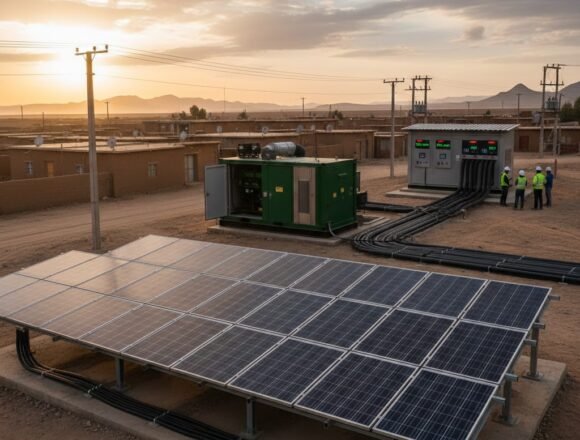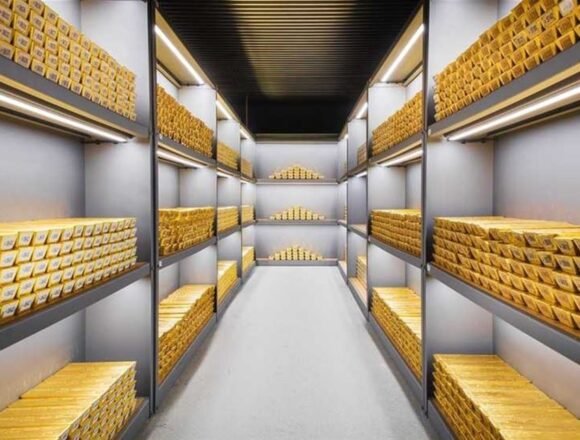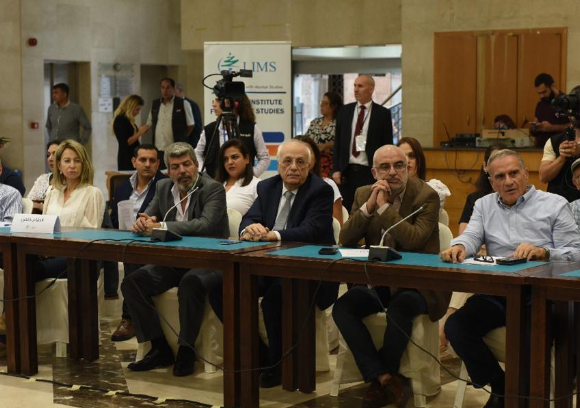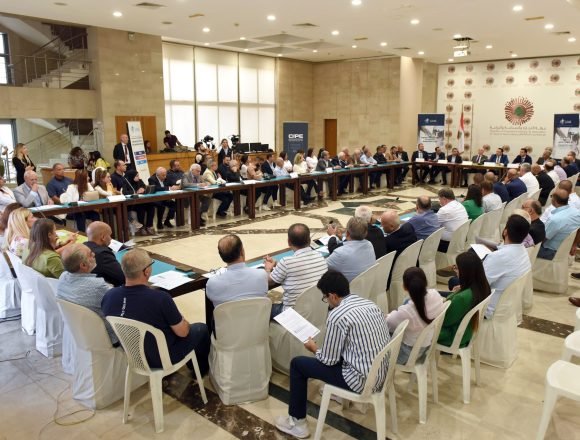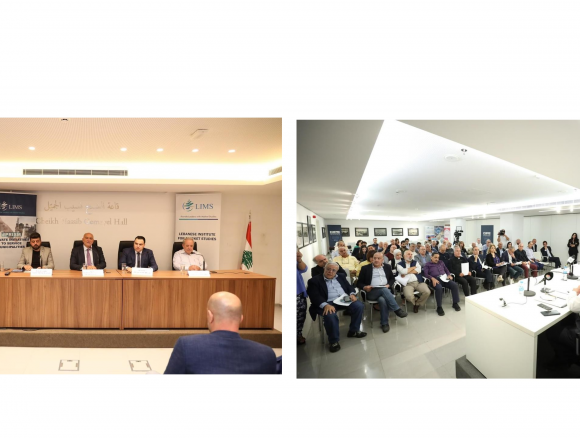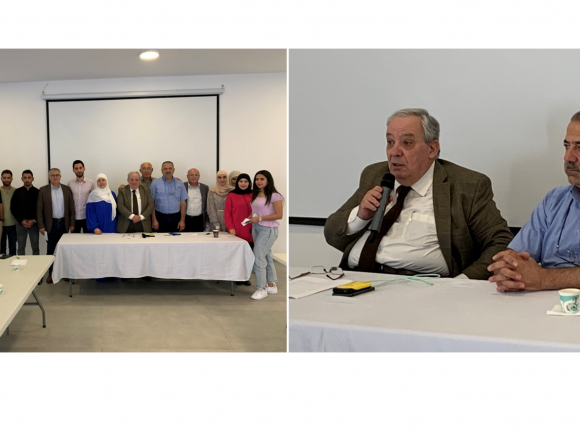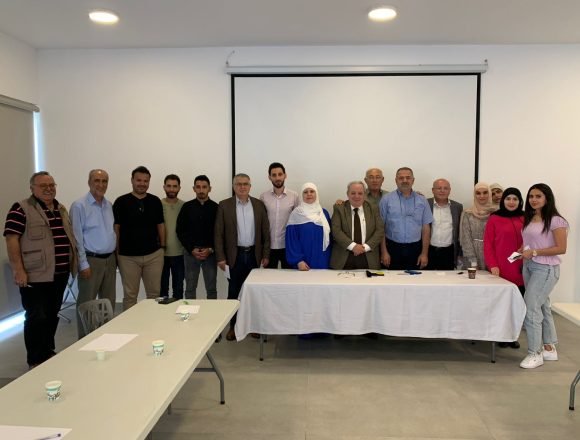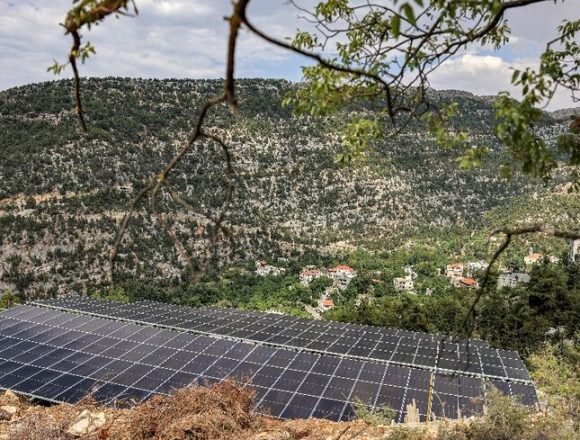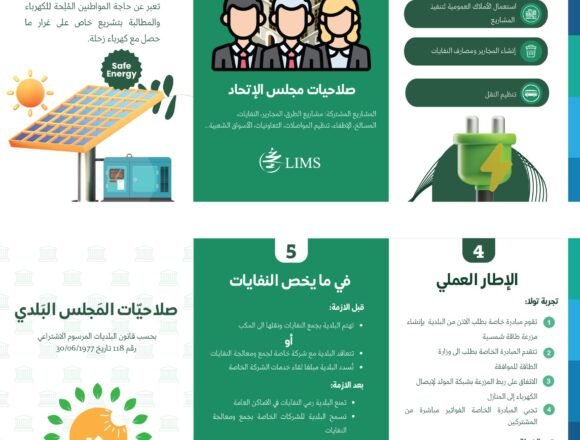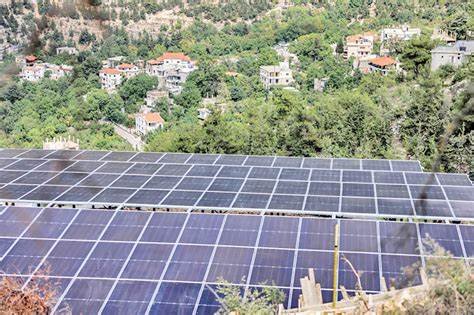PRISM
PRISM: Private Initiatives to Service Municipalities
Lebanon is facing one of the worst economic recessions in over 150 years, leading to a breakdown in basic services provided by the government. This situation presents an opportunity for local municipalities to play a larger role in delivering essential services like electricity and waste management. Those services allow local businesses to operate more smoothly, boost production and sales, reduce costs, and create job opportunities.
PRISM aims to raise awareness about the ability of private initiates to help municipalities provide basic services, specifically focusing on the sectors of electricity and waste management. By building on the successful pilot projects (such as Toula’s Private solar farm and Beit Meri’ private waste management facility), the project seeks to provide models for cooperation between private enterprises and municipalities.
Toula, a town in northern Lebanon, has achieved round-the-clock electricity by combining a privately owned and managed solar farm with private generators. The farm uses the microgrid of the private generator to channel electricity to households and diesel generators are only utilized when the area has no sunlight. The electricity subscription bill in Toula is 50% less than the price of private generators in the rest of Lebanon.
The municipality of Beit Mery, in Metn, has successfully implemented a waste management facility in collaboration with a private enterprise. The system can be replicated by other municipalities through allowing private enterprises to own and manage waste sorting and recycling facilities. Municipalities can handle garbage collections and transport themselves or through independent collectors to those facilities. A pricing mechanism covers collection, transportation, sorting, and recycling costs, with discounted rates for households practicing waste sorting.

